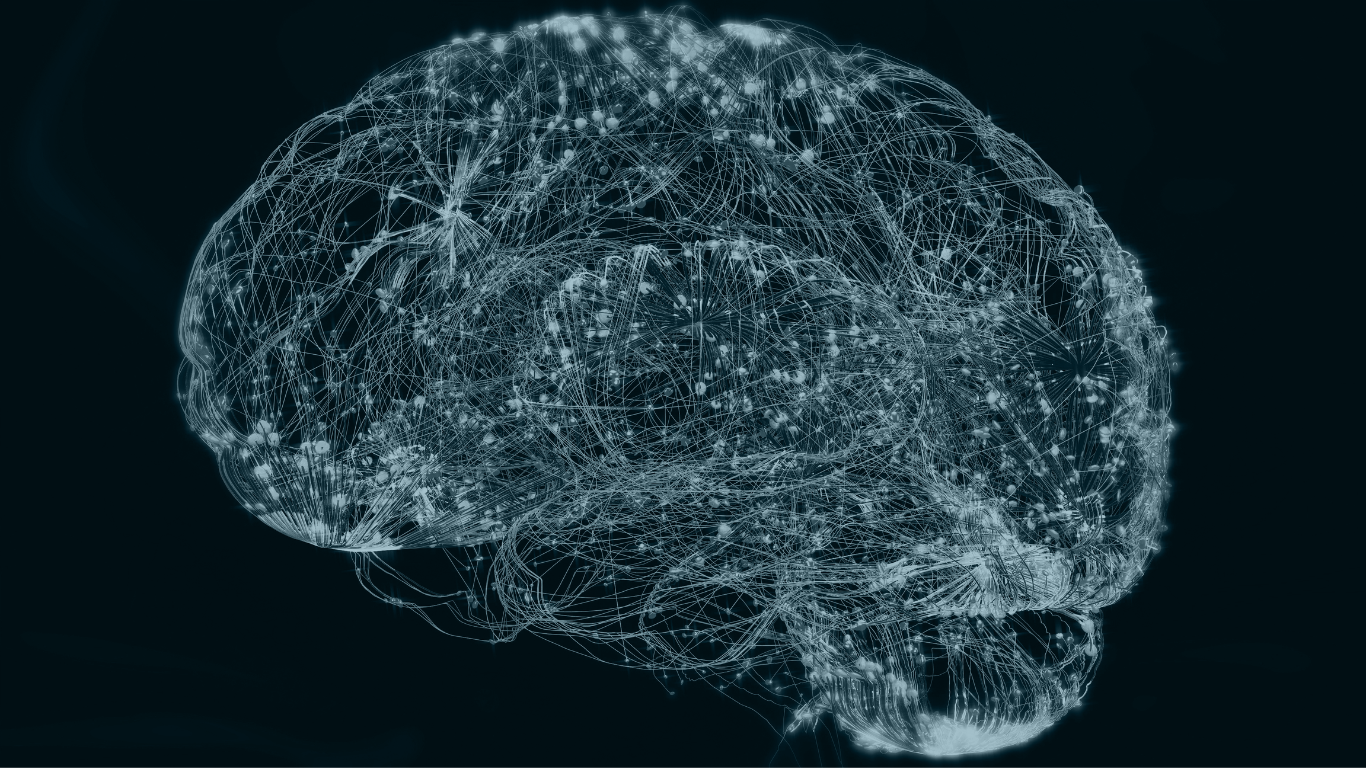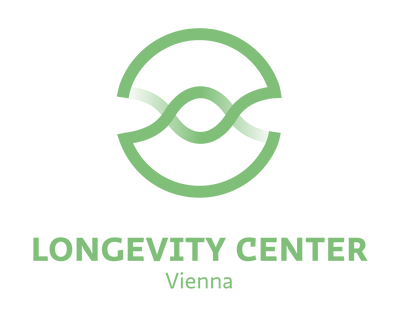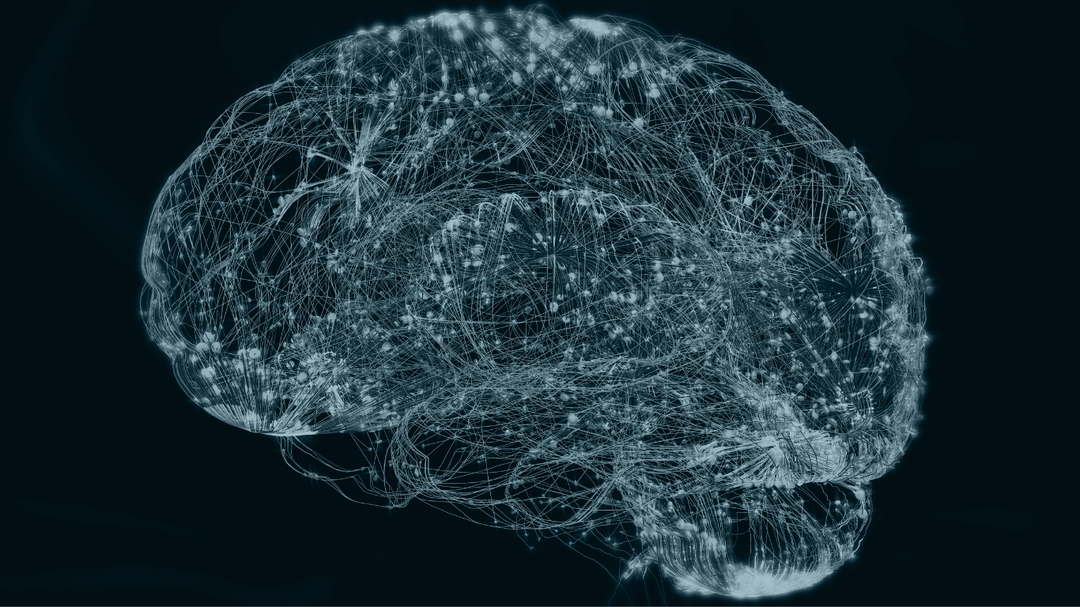Neurofeedback

Neurofeedback: An overview of its functionality and areas of application
What is neurofeedback? Neurofeedback is a form of therapy in which brain activity is recorded and visually reported back. Using electrodes attached to the scalp, the brain waves are recorded and transmitted to a computer. This computer converts the signals into a visual representation that is shown to the patient. Through the visual feedback, the brain learns to self-regulate its activity – a process that takes place under expert therapeutic supervision.
When is neurofeedback particularly useful? Neurofeedback can improve your sleep quality, increase resilience to stress, and optimize overall brain function. Even a single therapy session can significantly increase neural connectivity in the brain. Neurofeedback also supports the treatment of:
- ADHD
- Autism spectrum disorders
- epilepsy
- Stress and burnout
- migraine
- Anxiety and panic attacks
- Depression
- Sleep disorders
- Chronic pain
- Stress-related illnesses
- Addictions
Neurofeedback is also used by artists, professional athletes and high performers to increase their performance and achieve peak performance in critical situations.
How a neurofeedback session works: During a session, small electrodes are attached to the scalp using conductive paste to record the EEG (electroencephalogram). Media such as films, videos, or animations are displayed on the patient's screen, whose display adapts in real time to brain activity. For example, a frame around a video can grow or shrink depending on how active the brain is. This type of feedback promotes the brain's natural tendency toward self-regulation. Patients can relax while being entertained by the displayed media.
Frequency and Duration of Neurofeedback Sessions: Typically, noticeable improvements are evident after just one to three sessions. Many users report improved sleep, increased stress resistance, and a generally heightened state of relaxation. However, to consolidate the brain's newly learned self-regulation and achieve lasting effects, at least ten sessions are recommended.
Why neurofeedback can be beneficial for everyone. Given the omnipresent stress factors in our society, neurofeedback offers an effective method for reducing stress levels and thus improving overall health. Anyone interested in improving their brain performance is welcome to schedule an initial consultation at my practice.






